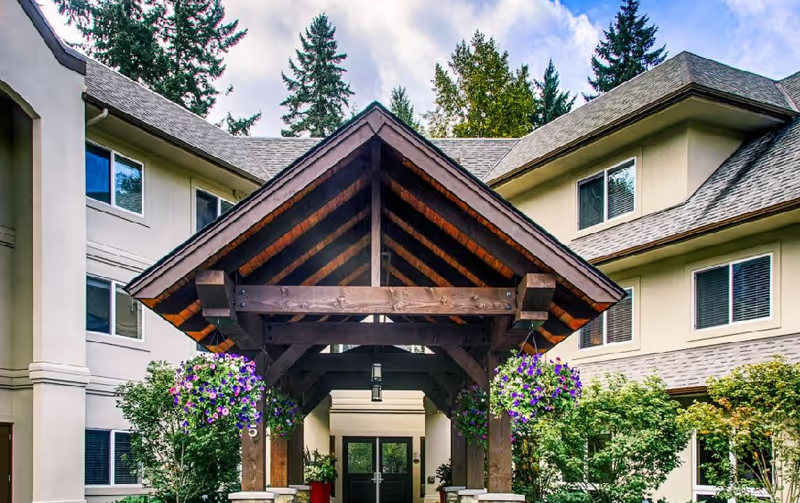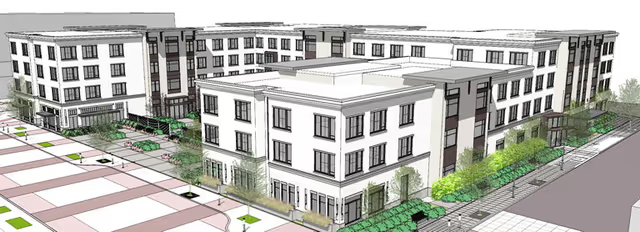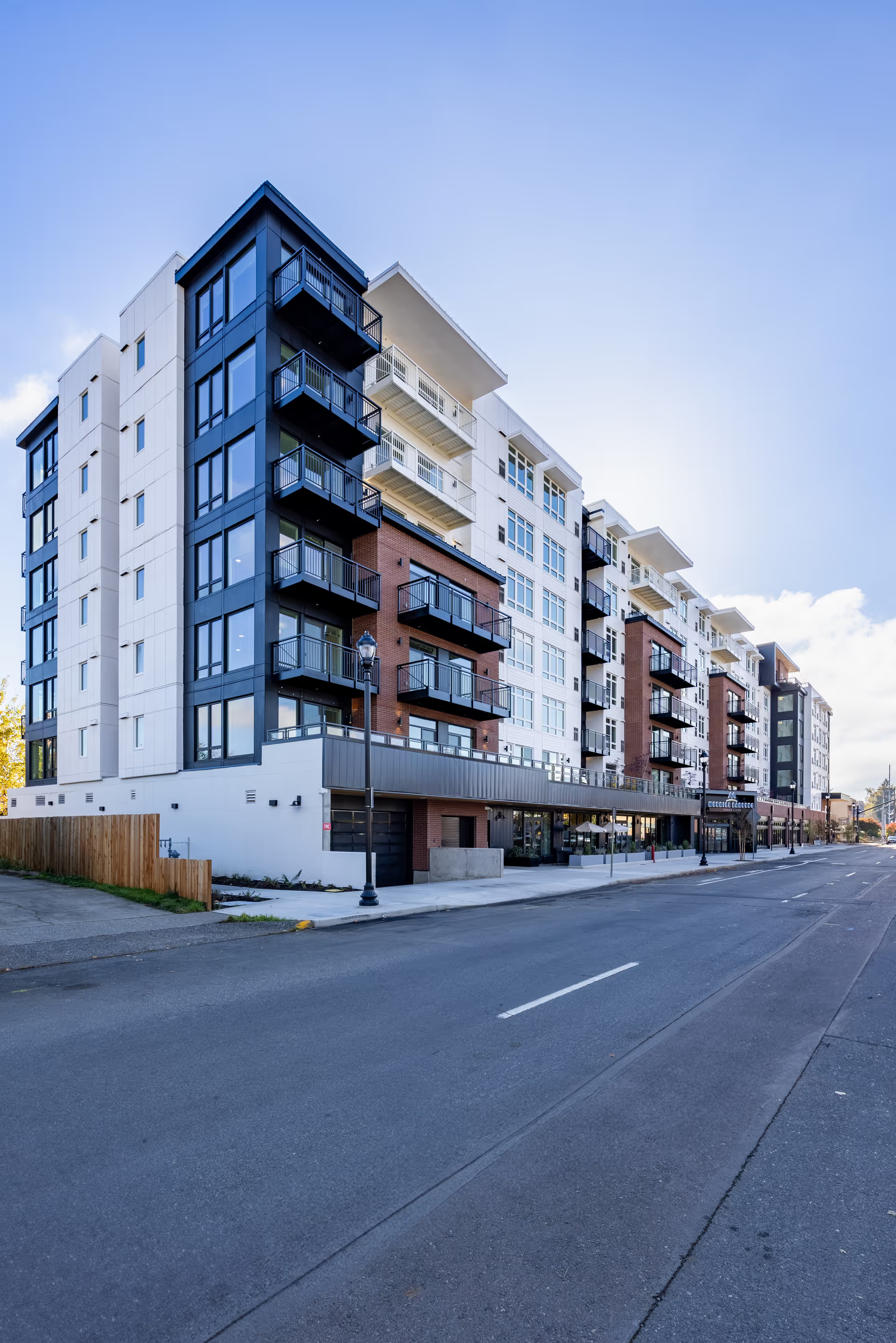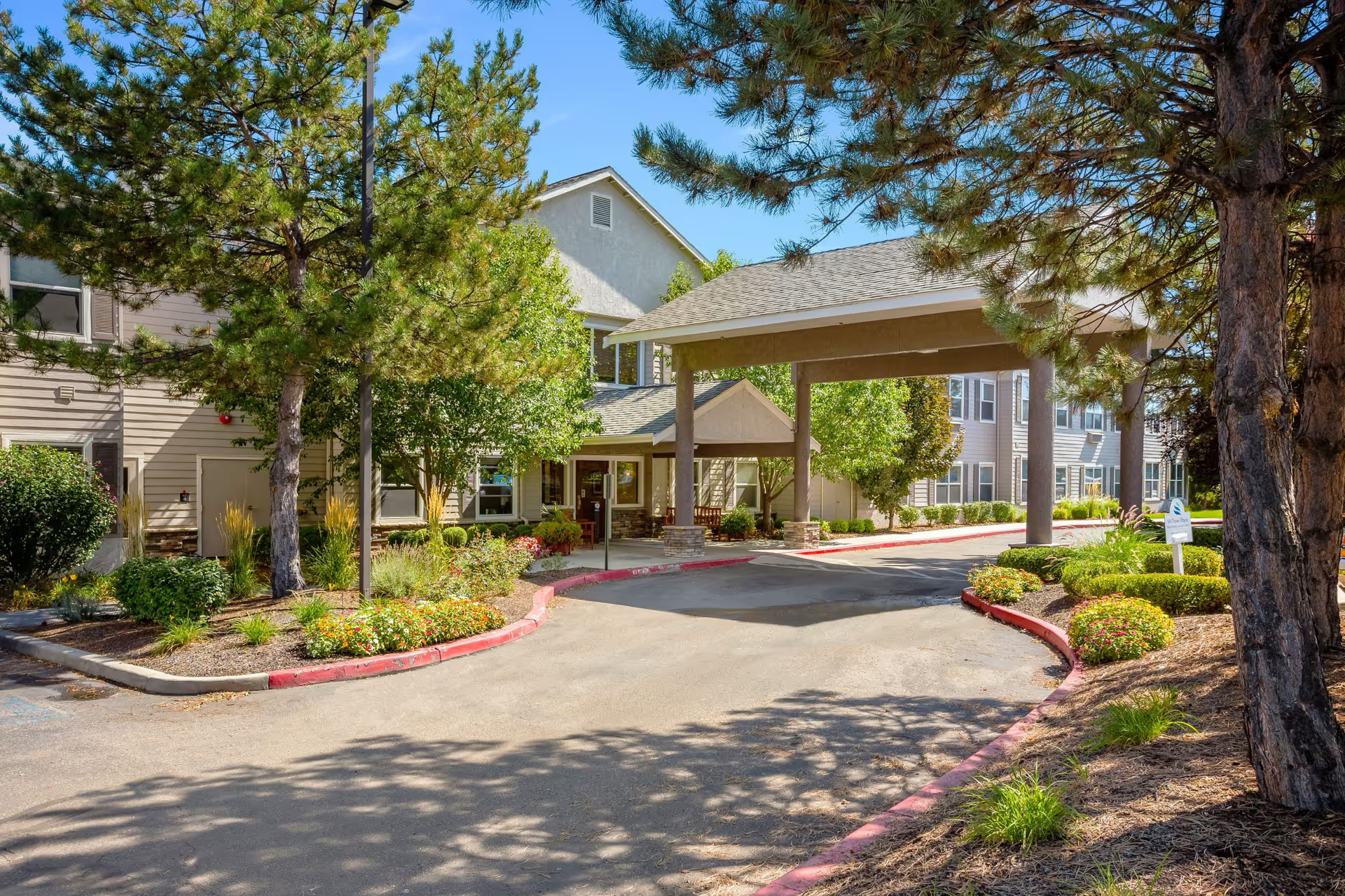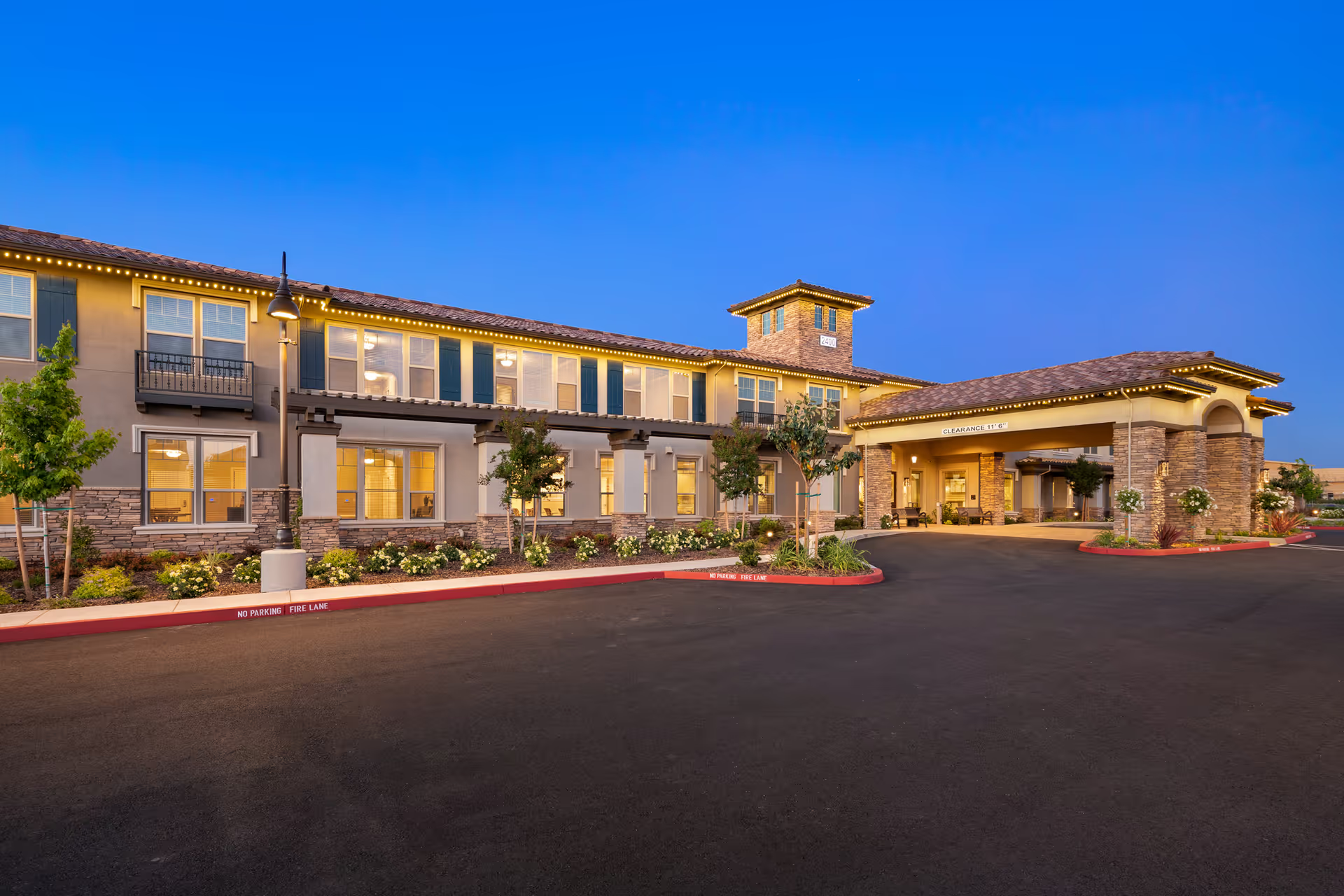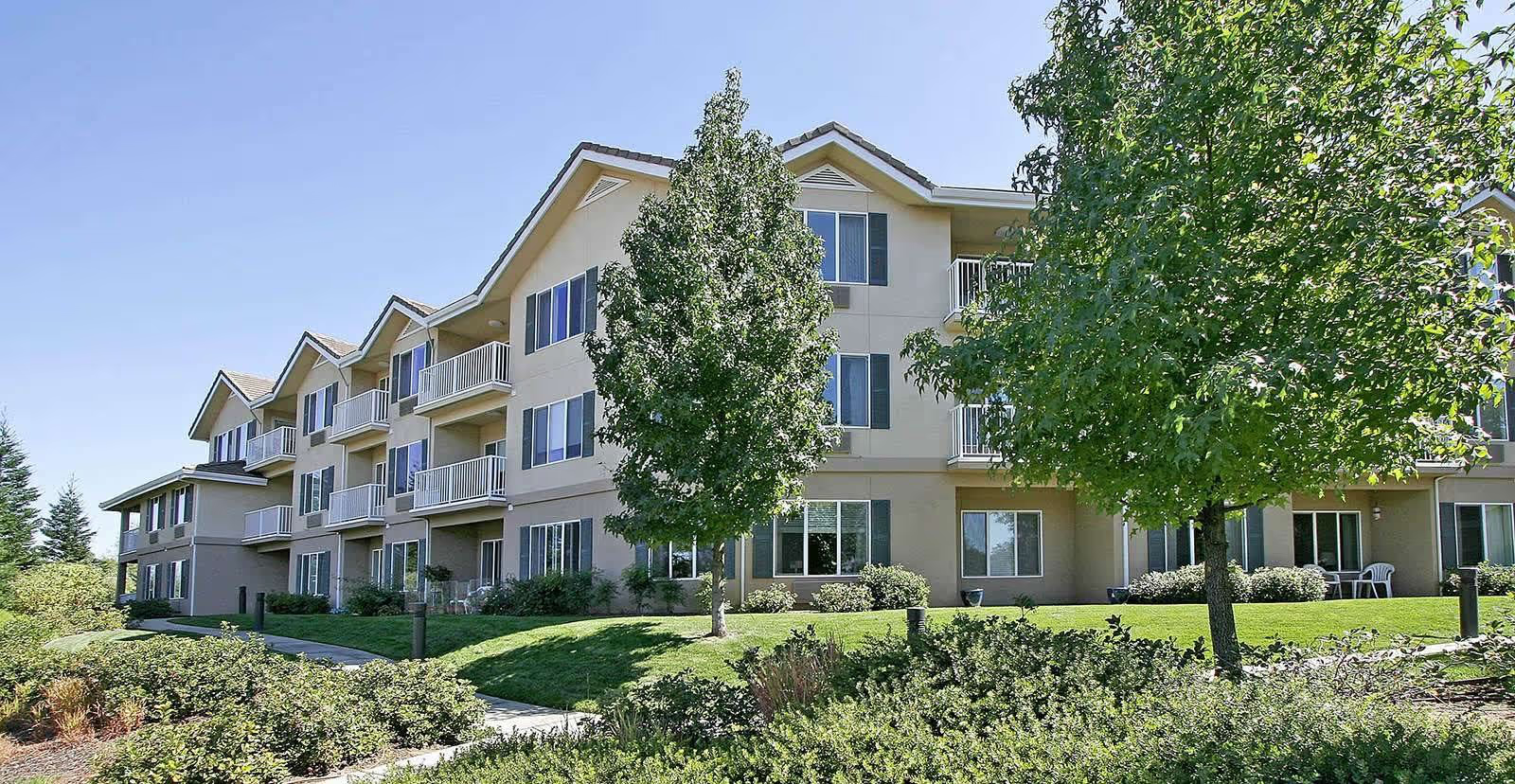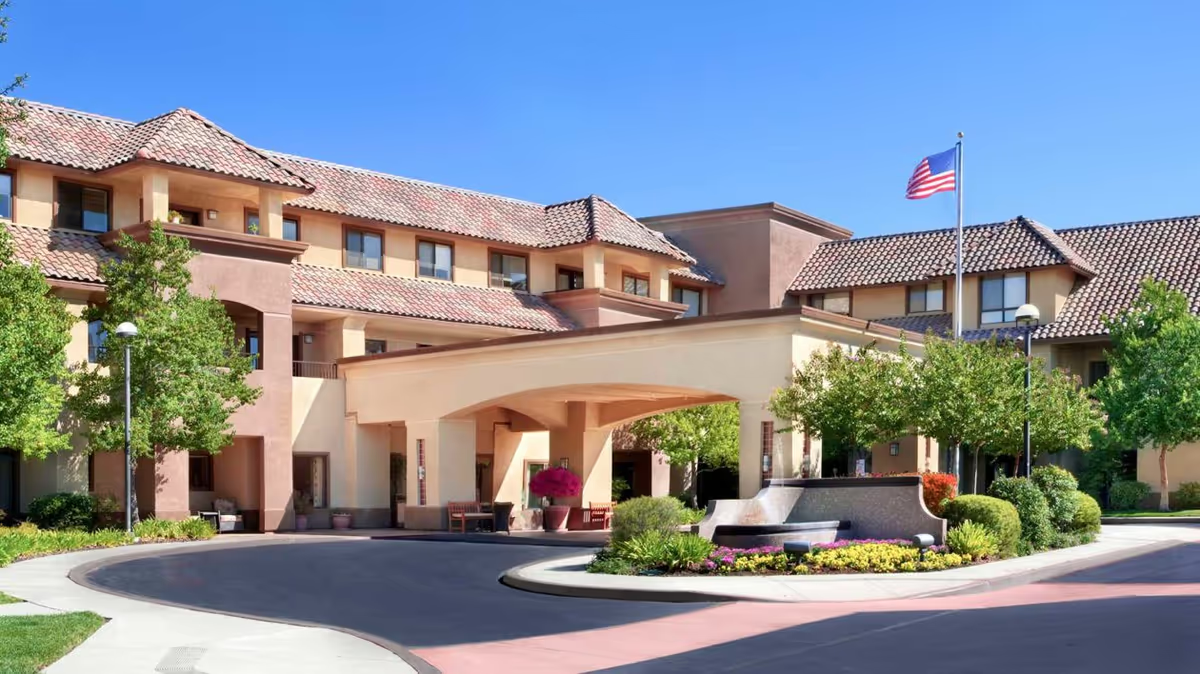Overall sentiment across the reviews is mixed but leans positive for the Gardens at Town Square as an upscale, well-maintained assisted living community with strong hospitality features. Many reviewers consistently praise the staff’s warmth, professionalism, and responsiveness: front desk employees, dining staff, housekeeping, and the wellness/activities teams receive repeated commendations. The physical plant also draws frequent praise—reviewers describe the building as modern, bright, and spotlessly clean with nicely appointed apartments, a lovely courtyard and gardens, and public amenities such as a bistro, library, theater, and well-equipped kitchen. The dining program and executive chef are highlighted as a major strength, including attentive service and varied menu options (notably strong vegan offerings). For residents seeking an active urban lifestyle with regular lectures, outings, line dancing, and other programs, the Gardens often provides a rich social environment and many families report peace of mind and that their loved ones are thriving there.
However, a persistent and significant cluster of concerns centers on medical and memory care. Multiple reviews specifically state that the community is ill-prepared to manage advanced dementia and more complex medical needs. Reported incidents include inadequate toileting, poor hygiene (including reports of not being bathed for extended periods), dehydration, weight loss, UTIs, residents left alone for hours, and meals left uneaten. These accounts suggest understaffing or inconsistent staffing in memory care neighborhoods and raise questions about staff training, supervision, and care coordination. Several reviewers noted frequent hospital visits and delayed medication or pain management. Families considering the Gardens for memory care should treat these reports as a red flag: while assisted living-level care and social programming appear strong, the facility may not reliably meet high-acuity dementia or medical requirements.
Management and communication emerge as another mixed area. Some reviewers describe professional and friendly leadership, excellent responsiveness, and clear communication during move-ins or specific incidents. Others report frequent manager turnover, poor communication (including managers not knowing a resident had moved), denied visitations or unexplained restrictions, and a perceived liability-focused, emotionally sterile administrative approach. There are also privacy-related complaints (unwanted texts and lack of opt-out), billing surprises from à-la-carte charges, and reports of locked-in or escalating pricing. These inconsistencies suggest that operational experience can vary considerably depending on timing and which managers or teams families interact with.
Cost and billing practices are frequently mentioned and often negatively framed. Multiple reviewers note that base rates are high (one approximate value cited around $6,000 per month) and that many services are charged separately, which can quickly escalate the total cost. Families should expect to ask detailed questions about what is included in monthly fees, what requires extra payment, and how pricing may change over time.
Programming and lifestyle are strengths for many residents: daily activities, lectures, outings, and well-run events are cited frequently, and many family members emphasize their loved ones’ social engagement and happiness. That said, some reviews observe low participation in certain activities, a desire for more cognitive/brain games and cross-area social engagement, and reduced amenities compared with pre-pandemic levels. Practical or logistical concerns also appear: confusing wayfinding in memory care areas, difficulty with the garage for larger or handicap-equipped vehicles, limited visitor parking, intermittent odors or clutter in some areas, and reported morning noise issues in warm months.
In summary, The Gardens at Town Square strongly appeals to prospective residents seeking a high-end, activity-rich assisted living lifestyle in a central Bellevue location with excellent dining, beautiful facilities, and generally warm, attentive staff. The biggest and recurring downside is the community’s inconsistent performance around higher-acuity care—particularly memory care and medical management—along with management turnover and communication lapses and relatively high, add-on pricing. Families should weigh the clear strengths in hospitality, dining, cleanliness, and programming against the documented risks for residents who require advanced dementia care or consistent medical oversight. If considering the Gardens, visitors should: specifically tour the memory care neighborhood during shift changes, ask for current staffing ratios and staff turnover statistics, request examples of medication and toileting protocols, clarify exactly what services are included in fees versus billed à la carte, and probe how management communicates with families during incidents or changes in condition.
